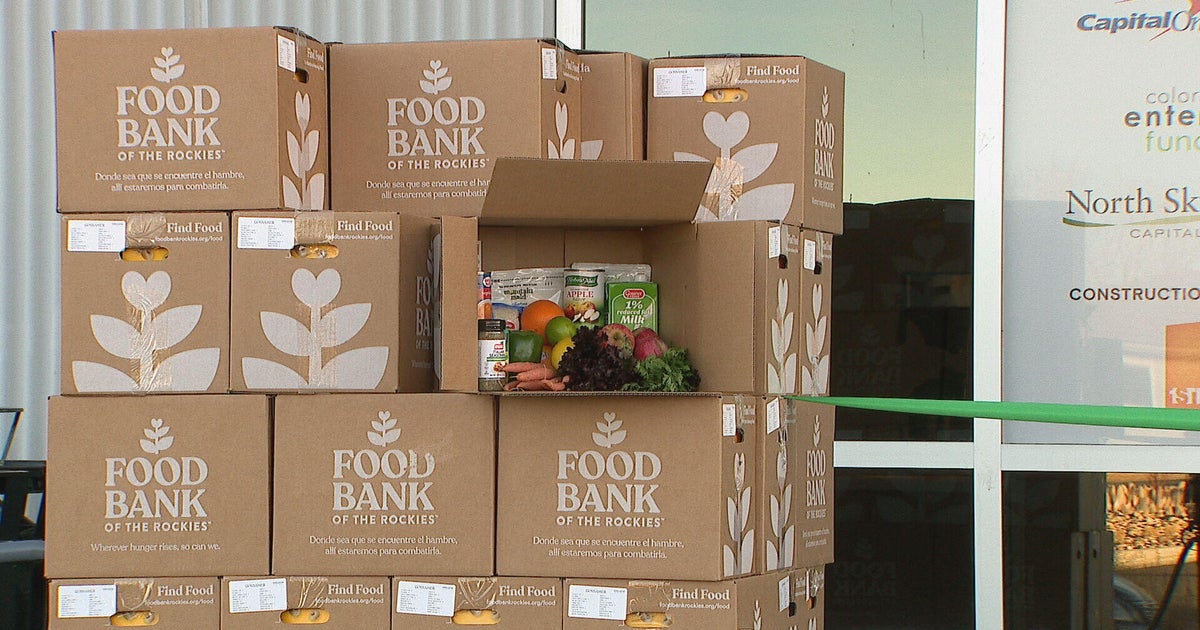How to avoid piling up debt during the holidays
For some, the winter holidays are the most wonderful time of the year. But all the gift-giving, entertainment and travel associated with Thanksgiving and Christmas can also bury consumers in debt before the new year has even dawned.
Nearly two-thirds of Americans say they have felt compelled to overspend during the holidays, Bankrate.com found in a recent survey. To avoid going in the hole this year, here are seven tips from personal finance experts:
1. Pay off last year's debt.
First, pay off any outstanding debt before pulling out your credit card. Roughly 48 million Americans are still trying to work down holiday debt accumulated last year, according a Nerdwallet.
NerdWallet's Kimberly Palmer suggests two different approaches to tackling debt. One is the "snowball" method — taking care of the smallest obligations first, regardless of interest rates. "Psychologically, some people like to focus on the smallest debt first, to build momentum, and then take on the next smallest," she said.
You can also follow the "avalanche" method of first paying off debt that carries the highest interest rate. Credit card interest rates tend to be high, and carrying a credit-card balance can cancel out savings in other areas.
2. Create a spending plan.
Setting a budget for holiday spending can feel restrictive, especially at a time of year when many like to indulge their families, friends or even themselves. On the other hand, calling it a "spending plan" can be freeing while helping you get a handle on your expenses, according to personal finance expert Patty Morrissey.
"Before you embark on planning, reflect on the previous holiday — on what those moments that brought you the best feeling were, what were some of the things that made you feel the most drained, and probably going into debt was one," she said.
Investment pro Thomas Beattie also highlighted the importance of setting a budget — before embarking on any holiday spending. "If you don't know how much you have available to spend, you'll find yourself in an awkward position when it comes to paying off bills at the end of the holiday season."
3. Reserve part of your holiday bonus for gifts.
Millions of American workers count on getting a financial bonus from their employers around the holidays. Using some of that bonus for gifts beats borrowing, according to experts.
"Although we normally advocate diverting windfalls to an emergency fund or long-term savings account, the calculus is different when the windfall is expected, and when it coincides with an expected increase in spending — as is the case during the last two months of the year, when most people increase spending on gifts and entertainment," said Andrew Schrage, founder of MoneyCrashers.
But don't let a healthy bonus get in the way of sticking to a budget. "The more of a surplus you have, the better prepared you'll be for future emergencies," Schrage said.
4. Sell unwanted possessions for cash.
Selling unused items — also known as clutter — can not only earn you money but also make more space in your home. Use apps like ThredUp, the world's largest online thrift store, or Mercari.com, which lists more than 150,000 new items every day, to sell personal goods and clothing. Then use that cash to pay for things on your spending plan.
Schrage recommends clearing out potentially valuable items that are no longer needed, including small appliances, furniture, tools and electronics. "Scan resale platforms like Facebook Marketplace, Craigslist, Nextdoor and eBay to estimate their market value. Then snap some pictures, list the item and cash in!" he said.
Also consider buying secondhand in order to get higher-value gifts at lower cost. Fifty-six percent of consumers said they would welcome pre-owned gifts, according to a survey from Accenture.
"You're giving things a second chance at life, which makes everyone feel good around the holidays when it's such a time of consumption," Morrissey said.
If you're not sure about a person's size or taste, consider a gift card. ThredUp is selling them for the first time this year.
"The recipient is going to get a whole lot for their money than they would with a gift card to a traditional retailer," said Karen Clark, vice president of communications and partnerships at ThredUp, where consumers can shop for discounted designer wares.
"It's also a little bit more fun to go on a treasure hunt looking for clothes than to just get the same old mall-brand sweater," she added.
5. Don't pay full price — for anything.
Shop for appliances and sporting goods on Black Friday, but wait for Cyber Money to purchase televisions, which are expected to be available at a 19% discount, according to a recent Adobe Analytics forecast. Still, don't make all of your purchases on these two days. For instance, December 1 is likely to be the best day to buy toys, the research firm found.
Giving Tuesday, which falls on December 3, is expected to be the best day to shop for bedding and linens. Also look to save on shipping costs by buying online and picking items up in-store.
"Consumers love the convenience of going online to shop, but then the experience of getting to go into the store and pick up those items," said Adobe's Ryan Fleisch.
Track the lowest prices on items on your list using tools like camelcamelcamel.com, which monitors prices on Amazon.com, and mobile app ShopSavvy, which allows you to scan the barcode of any product and compare prices available online and in local stores, NerdWallet's Palmer advised.
Also check prices even after you've swiped your credit card. Some card issuers offer services that refund you the difference if an item you've already purchased suddenly becomes more discounted.
And while great deals are tempting, avoid making impulse purchases. "Create a gift list in advance and avoid impulse buys that aren't on it, no matter how tempting," MoneyCrashers' Schrage said.
6. The thought really does count.
Misconceptions abound around holiday gift-giving. "Recent research on gift-giving shows the thinking around the types of gifts that givers and receivers think are best isn't the same," said Jeff Galak, associate professor of marketing at Carnegie Mellon University.
"Givers have a strong belief that the more money they spend, the more lavish the gift they buy, the more the recipient will like it. But it turns out that just isn't true," he said.
Just giving a gift "gets you 90% of the way there," Galak said. "If you do that, you're way ahead of the curve, and then you can do better and worse," he said.
7. Give the gift of time.
IOUs aren't just for kids. Find a meaningful gift without breaking the bank by using some low-cost, non-material gift ideas from nonprofit New Dream — like a coupon for a movie, a fishing outing or a day off from diaper duty.
"There's no rule that says you have to spend money on someone's gift," said consumer debt expert Michael Bovee. "I would fall over flat if one of my daughters showed up at my door saying, 'Dad, I'm here to wash your car. It's your Christmas gift,'" he said.



